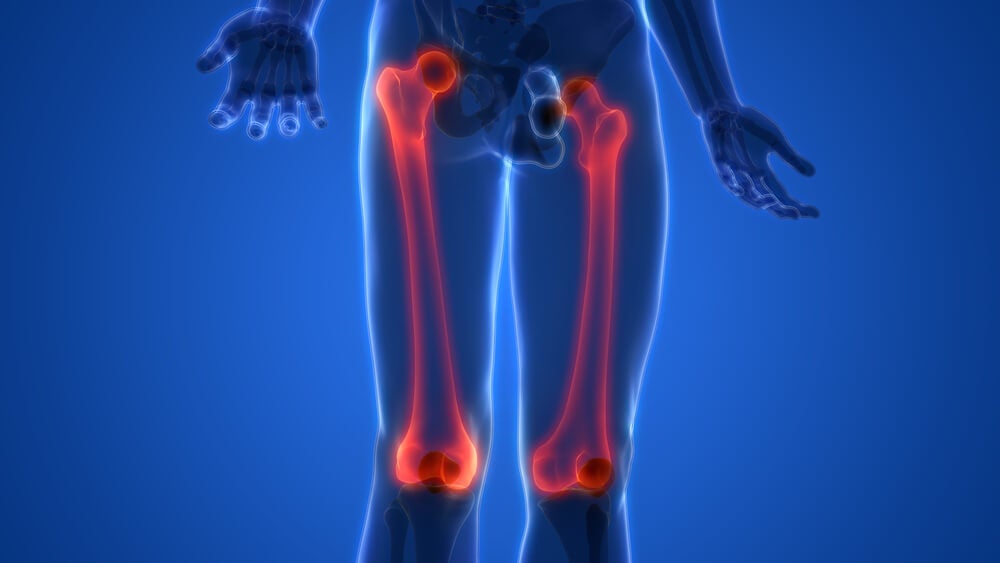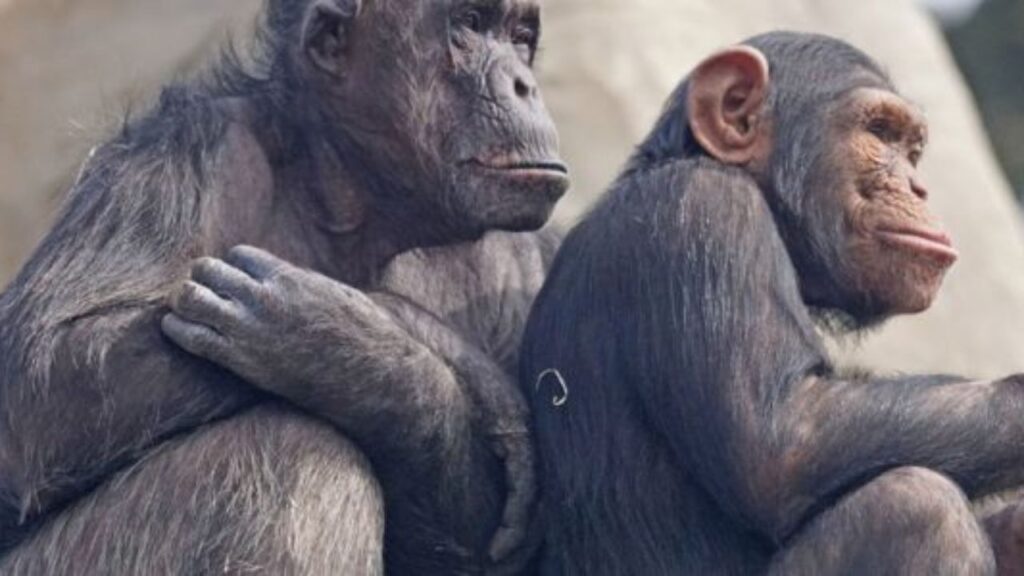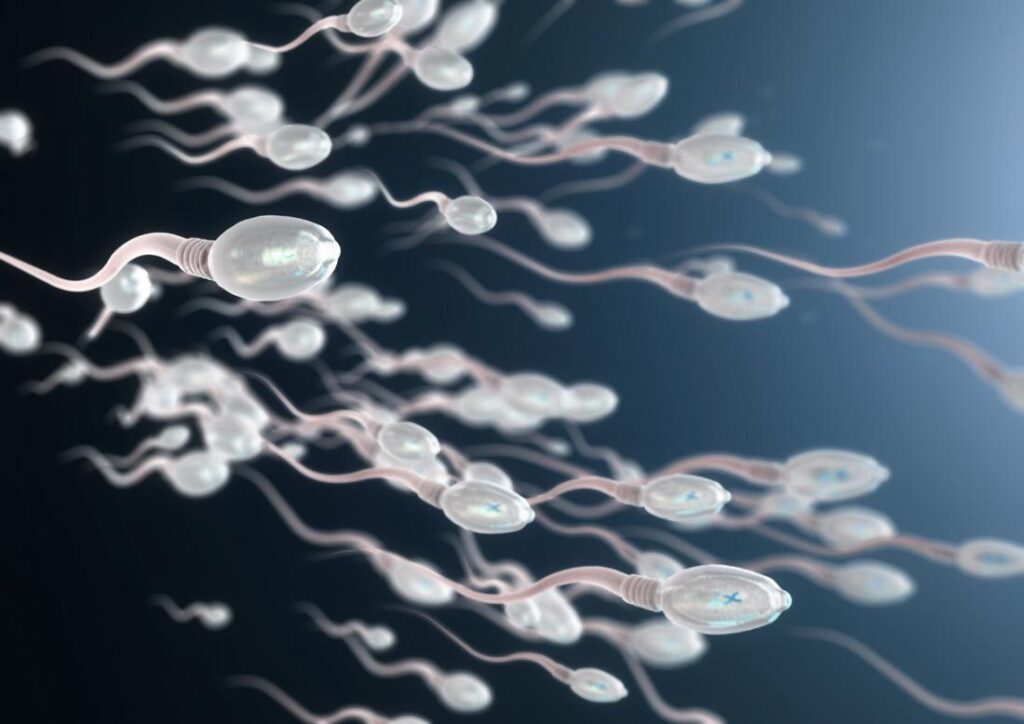The human body is a wonderful machine. Here is a list of 100 amazing, weird, strange and unbelievable facts about the Human body.
- Humans shed about 600,000 particles of skin every hour and each person sheds 22 kilograms of skin in his or her lifetime.
- Most of the dust under your bed is your dead skin
- Skin is the body’s largest organ and can comprise 15 per cent of a person’s total weight.
- At birth, a child’s body is made up of around 300 bones. But an adult has just 206.
- Your skull is made up of 29 different bones
- The human feet have 52 bones, accounting for one-quarter of all the human body’s bones.

- The largest bone in the human body is the femur. It can support 30 times the weight of a person’s body.
- Bone is five times stronger than a steel bar of the same width, but it is brittle and can fracture on impact. Bones are composed of 31% water.
- The longest bone in an adult human is the thighbone, measuring about 18 inches (46 cm). The shortest bone is in the ear and is just 0.1 inches (.25 cm) long, which is shorter than a grain of rice.
- The satisfying sound of cracking your knuckles comes from gas bubbles bursting in your joints.
- The strongest muscle in the human body is the tongue and the hardest bone is the jaw bone.
- Your tongue is made up of eight interwoven muscles, similar in structure to an elephant’s trunk or an octopus’s tentacle.

- Like fingerprints, every person has a unique tongue print. Embryos develop fingerprints three months after conception.
- The body can detect taste in .0015 seconds, which is faster than the blink of an eye
- Your taste buds are replaced every 10 days. By the age of 60, most people lose about half of their taste buds.
- Blood makes up about 8 per cent of your total body weight.
- There are approximately 96,000 km / 59650 miles of blood vessels in the human body.
- The human heart creates enough pressure to squirt blood 30 feet in the air.
Read More: Top 10 Amazing Facts About Snakes

- The human heart is not on the left-hand side of the body; it’s in the middle
- Your heart can keep beating even if it is separated from the body because it has its electrical impulse
- Every day, your heart creates enough energy to drive a truck for 20 miles (32 km).
- In an adult human, blood circulates about 12,000 miles (19,000 km) a day. This is like travelling from east to west across the widest part of the Pacific Ocean.
- Your heartbeat changes and mimics the music you listen to
- Your eyes start to develop two weeks after you are conceived.
- The only part of the body that has no blood supply is the cornea of the eye. It receives oxygen directly from the air.
- An eye is composed of more than 2 million working parts.
Read More: Top 10 Astonishing Facts about King Cobra

- If the human eye was a digital camera it would have 576 megapixels.
- Your skin is its thickest on your feet (1.4mm) and thinnest on your eyelids (0.2mm).
- Ears and Noses never stop growing. Our eyeballs remain the same size as they were at birth
- We all have tiny mites living in our eyelashes.
- The human eye can distinguish 10 million different colours and is the second most complex organ after the brain.
- The fastest muscles in the human body are the ones that make the eyes blink. They can contract in less than one-hundredth of a second. In just one day, a person may blink their eyes over 11,500 times.
- Babies only blink once or twice a minute, while adults average 10 times a minute
Read More: Top Facts About Bermuda Triangle

- 80% of the brain is water and it uses over 20% of the total oxygen and blood in your body.
- An average adult male brain weighs about 1375 grams.
- Your brain can recognize a sound 10 times faster than the blink of an eye.
- Your brain keeps developing until your late 40s. As we get older, the brain loses almost one gram per year.
- Nerve impulses sent from the brain move at a speed of 274 km/h.
- The left side of your body is controlled by the right side of your brain while the right side of your body is controlled by the left side of your brain.
- The brain contains 86 billion nerve cells joined by 100 trillion connections. This is more than the number of stars in the Milky Way.
- The brain doesn’t feel pain; even though the brain processes pain signals, the brain itself does not feel pain.
- When awake, the human brain produces enough electricity to power a small light bulb and operates on 10 watts of power.
- The brain can survive for five to 10 minutes without oxygen.
- Our brains have special neurons that help us find each other’s lips in the dark.
Read More: Top 15 Amazing Facts about Chocolate

- One in every 2000 babies is born with a tooth. The tooth is the only part of the human body that can’t repair itself.
- Enamel on our teeth is the hardest substance in the human body and teeth are almost as hard as rocks.
- One person in 20 has an extra rib, and they are most often men.
- 1 in 10,000 people has their internal organs reversed or “mirrored” from their normal positions
- The acid in your stomach is strong enough to dissolve razor blades. If your stomach acid got onto your skin it would burn a hole in it.
- Within three days of dying, the enzymes that digested a person’s food will begin to digest that person’s body.
Read More: Top 10 Cool Facts about Ice Cream

- We share 98.4% of our DNA with a chimp and 70% with a slug.
- If a human being’s DNA were uncoiled, it would stretch 10 billion miles, from Earth to Pluto and back.
- Bacteria
- There are more bacteria in a human mouth than there are people in the world.
- Only 1% of the bacteria can result in the human body becoming ill.
- There are ten times more bacteria cells in your body than human cells
- Everyone has a unique smell, except for identical twins, who smell the same.

- The human nose can detect about 1 trillion smells.
- Your sense of smell is around 10000 times more sensitive than your sense of taste.
- You have no sense of smell when you’re sleeping
- Your nose can remember 50,000 different scents and women are better smellers than men.
- Rhinotillexomania is the excessive habit of picking one’s nose.
- Hearing is the fastest human sense. A person can recognize a sound in as little as 0.05 seconds

- The ear converts sound waves into nerve impulses that are sent to the brain. Your hearing decreases when you overheat.
- The inner ear is the main organ of balance a human ear contains about 24,000 fibres in it.
- The wax present inside the ear is made up of oil and sweat. Children have more sensitive ears than adults.
- Any sound that is above 130 decibels can cause pain to our ears.
- After eating too much, your hearing is less sharp.
- Sweat itself is odourless. It’s the bacteria on the skin that mingles with it and produces body odour.
- Eating garlic improves your body odour
- A person’s feet have about 500,000 sweat glands and can produce about a pint of sweat a day.
- The foot is one of the most ticklish parts of the body
- Your lungs can hold up to 5 minutes’ worth of oxygen
- Your body has enough iron in it to make a nail 3 inches long.
- Fingernails grow about 3 millimetres per month, which is about twice as fast as toenails.
- A human sneeze can travel about 100 mph or more.
- The strongest muscle in the human body is the masseter (jaw muscle)
- A human’s little finger contributes over 50% of the hand’s strength.
- The largest cell in the human body is an egg (or ovum) which is barely visible to the naked eye.

- Semen normally contains 1-8 billion sperm per fluid ounce (140-300 million sperm per millimetre).
- A person takes about 23,040 breaths a day or about 672,768,000 breaths in a lifetime.
- the liver is the only organ that can completely regenerate. As little as 25% of the original liver mass can regenerate back to its full size.
- A person will die from lack of sleep sooner than they will from starvation, which usually takes a few weeks.
- During your lifetime, you will produce enough saliva to fill two swimming pools.
- The human body produces about a litre (0.26 gal) of mucus per day.
- You are taller in the morning; throughout the day, the cartilage between your bones is compressed, making you about 1 cm shorter by day’s end.
- Astronauts can grow up to two inches taller in space.
- Your body gives off enough heat in 30 minutes to bring half a gallon of water to a boil.

- Sleeping less than 7 hours each night reduces your life expectancy.
- You burn more calories while sleeping than you do when watching television.
- We lose 80% of our body heat from the head.
- An adult human being is made up of around 7,000,000,000,000,000,000,000,000,000 atoms 7 octillion.
- Scientists aren’t exactly sure why we yawn, but it may help regulate body temperature.
- A newborn child can breathe and swallow at the same time for up to seven months.
- There are more than 100 different viruses which cause a cold.
- A strong cough forces air out of the airways at speeds up to 1000 km/h, almost as fast as the speed of sound (1234 km/h)
- There are more than 100 types of cancers; any part of the body can be affected
- The gastrointestinal tract is a 30-foot (9 m) tube running from your mouth to your anus.
- Laughing and coughing create more pressure on the spine than walking or standing.
- Only one person in two billion will live for more than 115 years of life.




